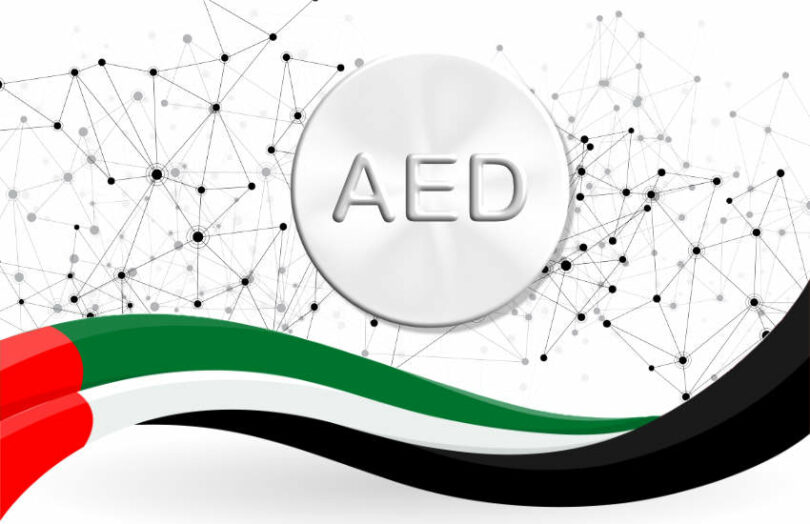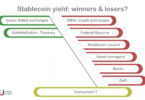Today the Central Bank of the UAE announced that R3 is its technology provider for its central bank digital currency (CBDC) work, alongside G42 Cloud for infrastructure.
The three pillars of its first phase strategy have already been announced, with a plan to complete them within 12 to 15 months. First is Project MBridge, the wholesale cross border CBDC solution with the BIS and central banks of China, Hong Kong and Thailand, which aims to soft launch during that period. Given that MBridge uses a custom permissioned blockchain, we suspect R3 is not involved.
Second is the bilateral cross border CBDC project with India announced last week. And finally is the domestic initiative for both wholesale and retail CBDC with a proof of concept to be completed during the timeframe.
Article continues …

Want the full story? Pro subscribers get complete articles, exclusive industry analysis, and early access to legislative updates that keep you ahead of the competition. Join the professionals who are choosing deeper insights over surface level news.






